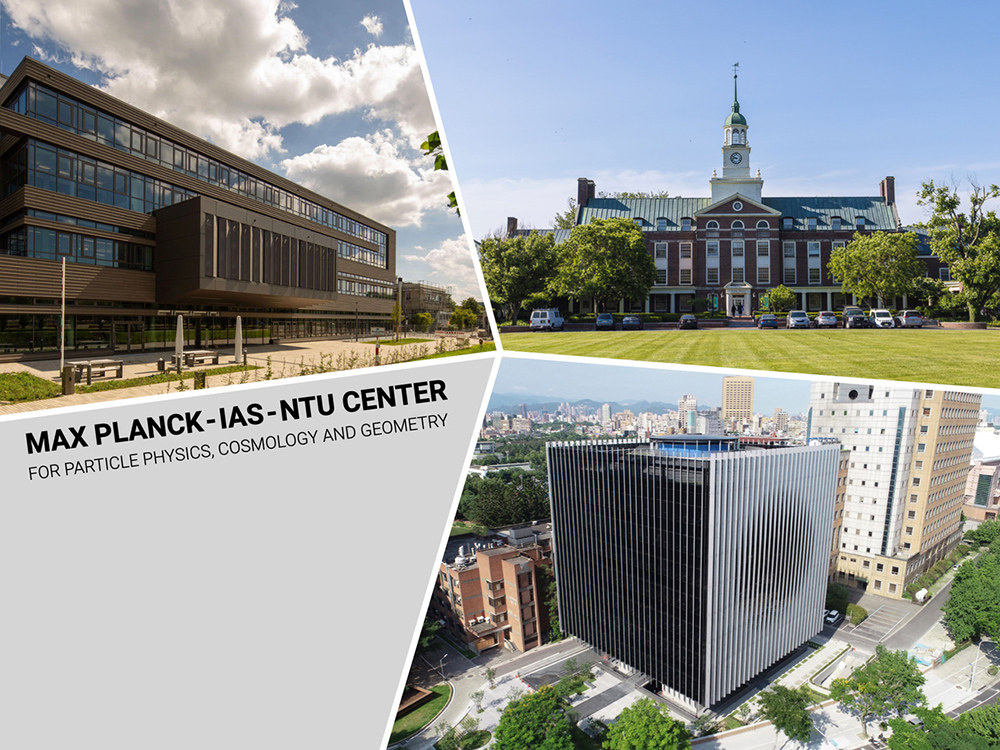
A Distinguished Global Research Center Established at NTU under Trilateral Cooperation
瀏覽器版本過舊,或未開啟 javascript
請更新瀏覽器或啟用 javascript
Spotlights
NTU has created a customizable artificial lens to treat cataracts.
The next-generation IOL device features optical and biofunctional properties that make it customizable for cataracts patients.
A new and improved artificial intraocular lens (IOL) developed by the Department of Chemical Engineering can significantly decrease the incidence of medical complications caused by the existing artificial model via a breakthrough in the lens’ optical and biofunctional properties.
Working in collaboration with the Department of Mechanical Engineering and the NTU Hospital Department of Ophthalmology, the team’s design offers a more balanced functionality that provides cataracts patients with increased eyesight accuracy and improved patient care.
Currently in Taiwan, cataracts, or myopia, is the number one disease seeking medical care among senior citizens. As of the present, the most common treatment for myopia is replacement of the cataract lens via surgery with an artificial intraocular lens. Despite the growth of demand for the procedure, prevailing IOL implants often coincide with such complications as postoperative calcification, dislocation, and posterior capsular opacification, also known as after-cataracts or postoperative secondary cataracts.
The NTU team spent the past two years addressing these bottlenecks with a new prototype that was fabricated based on a chemical vapor deposition encapsulation process using functionalized poly-p-xylylenes, a substance common in implanted medical devices due to its excellent biocompatibility. With the optimized optical and biofunctional properties, the new device can be customized based on the needs of different patients.
In terms of its optical functions, the new model features a high refractive index, a tunable effective focal length, as well as protection from UV radiation.
Meanwhile, it also features better biocompatibility that, according to research, can decrease the occurrence of post operational calcification, one of the major setbacks of the current technology caused by eye epithelial cell growth.
The research was published in the renowned American journal, Chemistry of Materials in September, 2015.

A Distinguished Global Research Center Established at NTU under Trilateral Cooperation
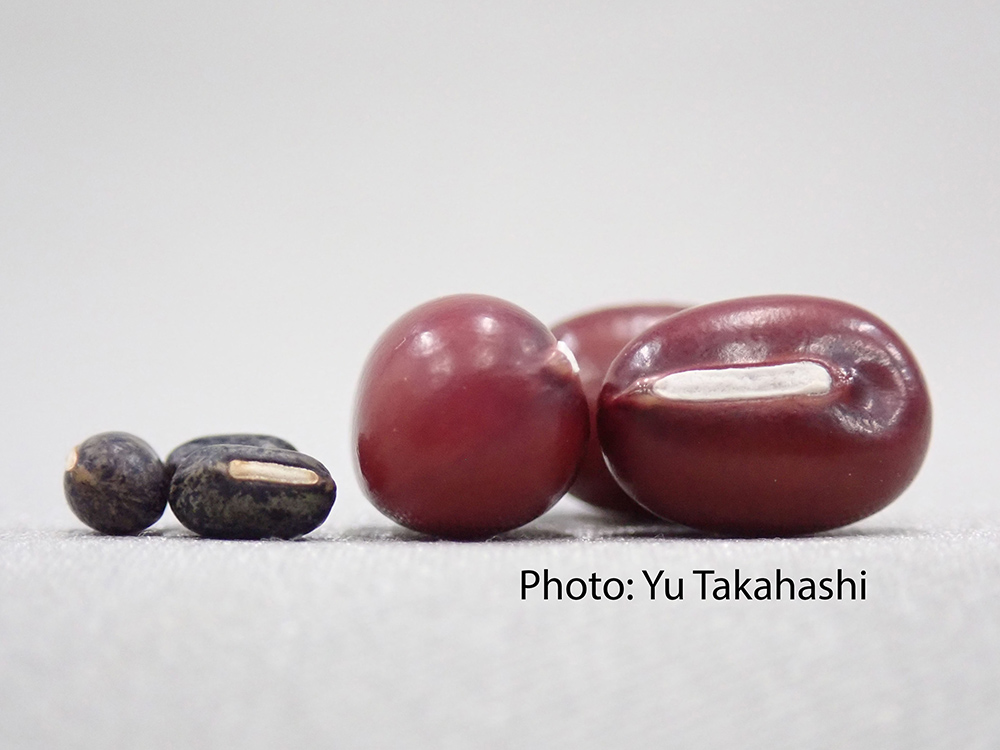
Collaborative study between NTU and Japan uncovers the origin of Adzuki Beans and agriculture in Japan
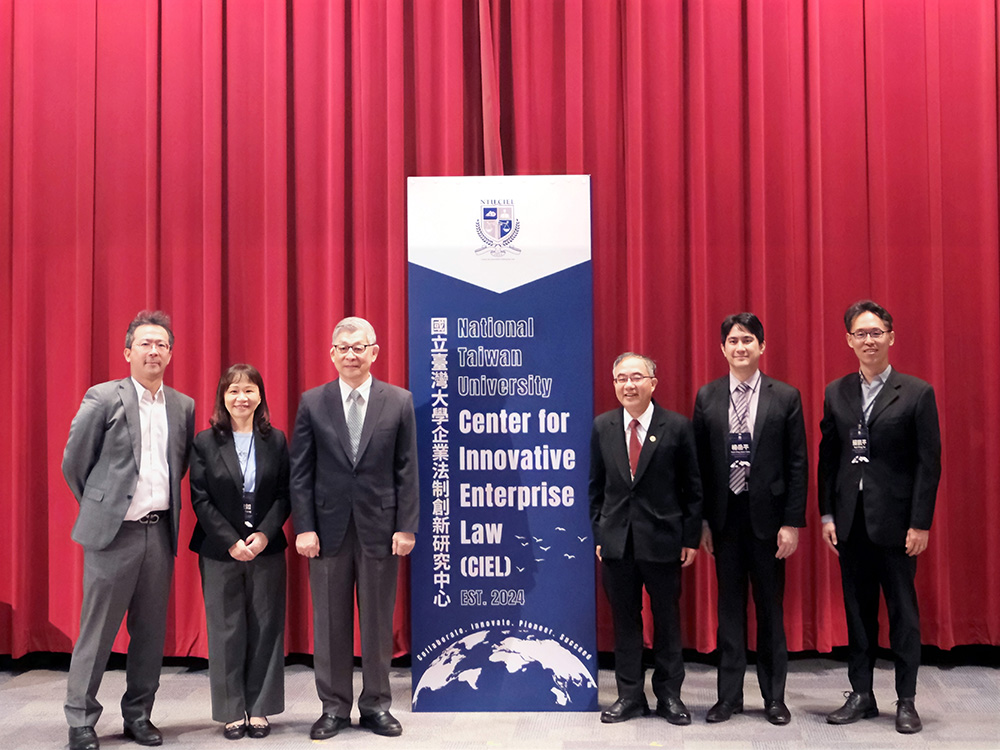
NTU Launches Center for Innovation in Enterprise Law—with Forum Highlighting Trump’s Policy and Legal Shifts Amid Geopolitical Tensions
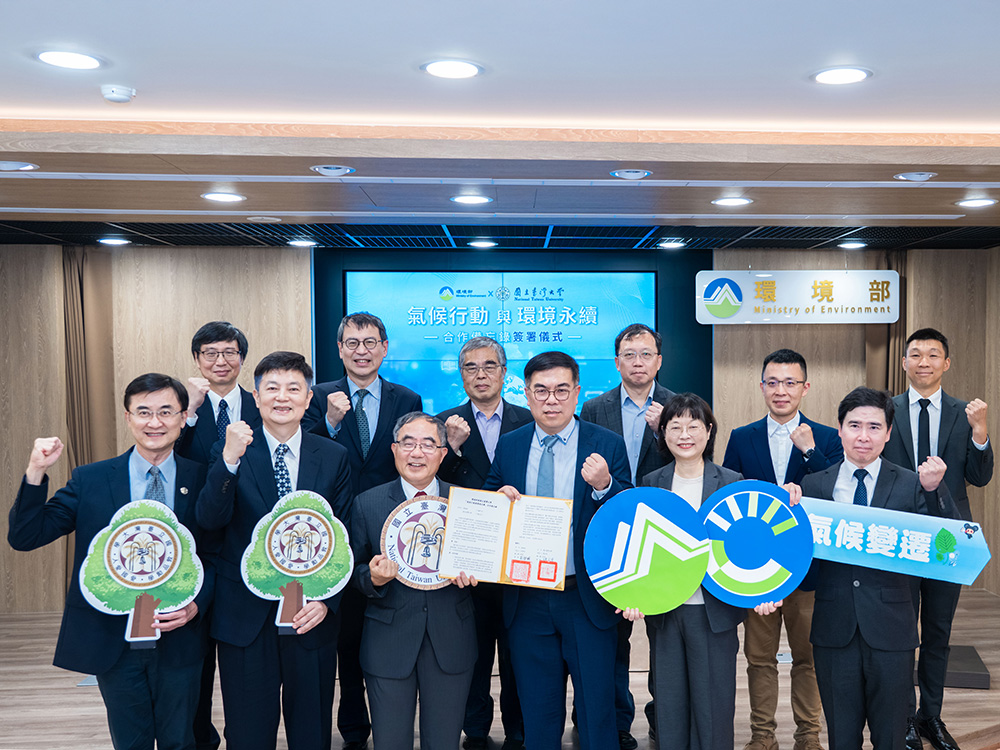
NTU and Ministry of Environment Sign MOU to Advance Net-Zero Transition and Environmental Resilience
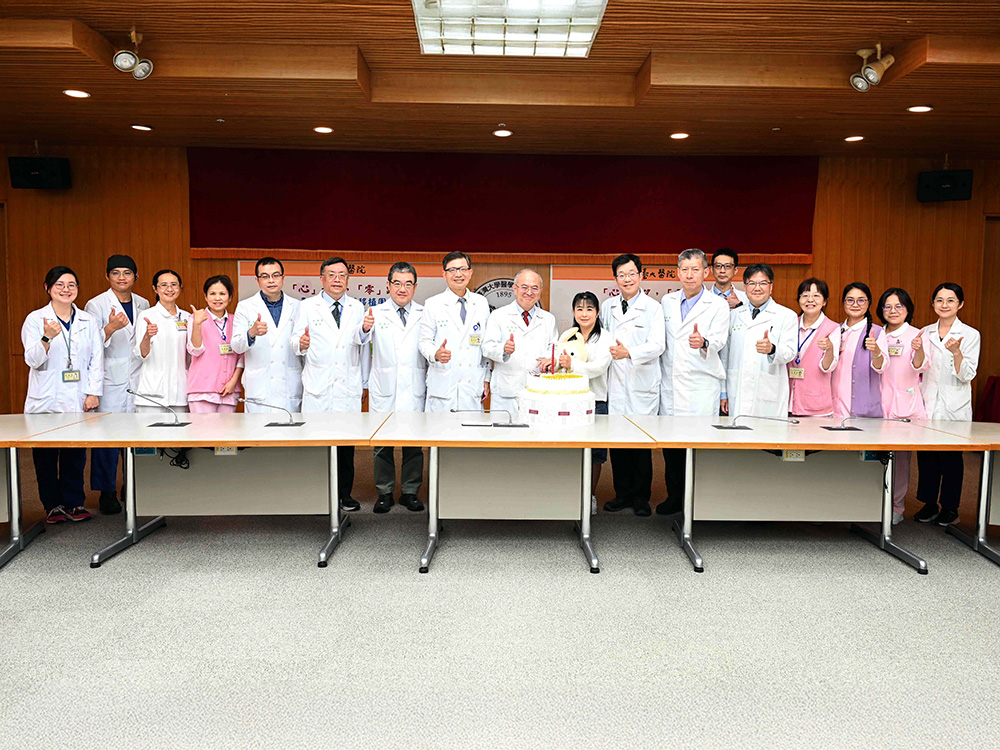
NTU Hospital’s Cardiac Transplant Team Pioneers Beating Heart Transplant with Zero Ischemic Time
Current Spotlights